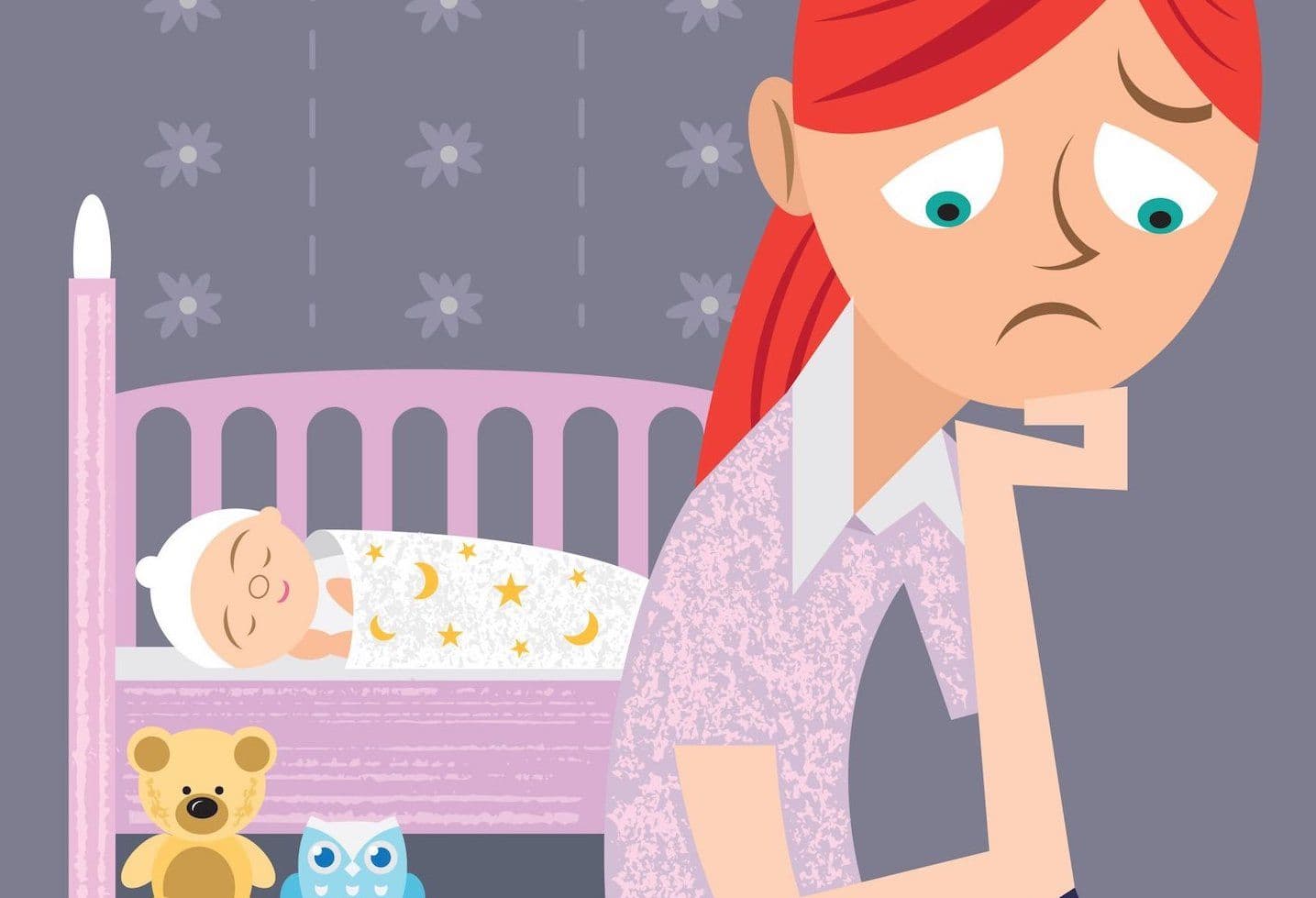Headaches During Pregnancy and Postpartum
Medical Problems
Obie Editorial Team

Experiencing headaches is a common occurrence for many individuals. However, when they arise during pregnancy and the postpartum period, they can sometimes signal critical and life-threatening conditions. While a headache may be a natural part of pregnancy, it could also indicate issues such as preeclampsia or other brain-related concerns.
When to Seek Medical Guidance
Every intense headache during pregnancy and the postpartum phase deserves attention. Unaddressed, these headaches might be linked to abnormalities such as aneurysms, spiked blood pressure (preeclampsia), or contribute to more severe complications like brain hemorrhage, stroke, or brain infections like meningitis or encephalitis.
It's imperative to contact your doctor or head to a hospital immediately—do not hesitate to call 911 or your local emergency number—if you experience an overwhelmingly severe headache, known as a "thunderclap headache," or any headache accompanied by:
Challenges with vision, speech, or ambulation
Confusion or understanding difficulties
Loss of consciousness
Blood pressure soaring above 140/90
A high fever, exceeding 102 F to 104 F (39 C to 40 C)
Unilateral numbness, weakness, or paralysis
A rigid neck
Nausea or vomiting without obvious cause
Understanding Thunderclap Headaches
Thunderclap headaches are sharp, sudden, and intense—almost like an explosive thunder. They peak within a minute and although these headaches can fade in an hour, they may persist for days. While rare, they can signify critical conditions including brain hemorrhages. If you encounter a thunderclap headache, it's crucial to seek emergency medical attention promptly.
Common Causes of Headaches During Pregnancy
Hormonal adjustments and stress are often culprits behind headaches during pregnancy and the postpartum phase. Your body is undergoing numerous hormonal shifts to support both you and your baby, yet some symptoms, like headaches, may cause discomfort.
Alterations in diet, such as eliminating caffeine, might also contribute to headaches during pregnancy. If you plan to reduce caffeine, consider doing so gradually to alleviate withdrawal-related headaches.
Effective Headache Management
Refrain from using over-the-counter medications without consulting your doctor or midwife. Tension headaches, those that are stress-induced and often targeting the temples or neck, can be managed with warm compresses and retreating to a calm, dark environment before considering medication.
The nature of headaches during pregnancy will differ from person to person. While some people experience migraine-level pain occasionally, others may have mild headaches regularly. Regardless of how common headaches may be, it is vital to alert your doctor when you experience severe pain.










